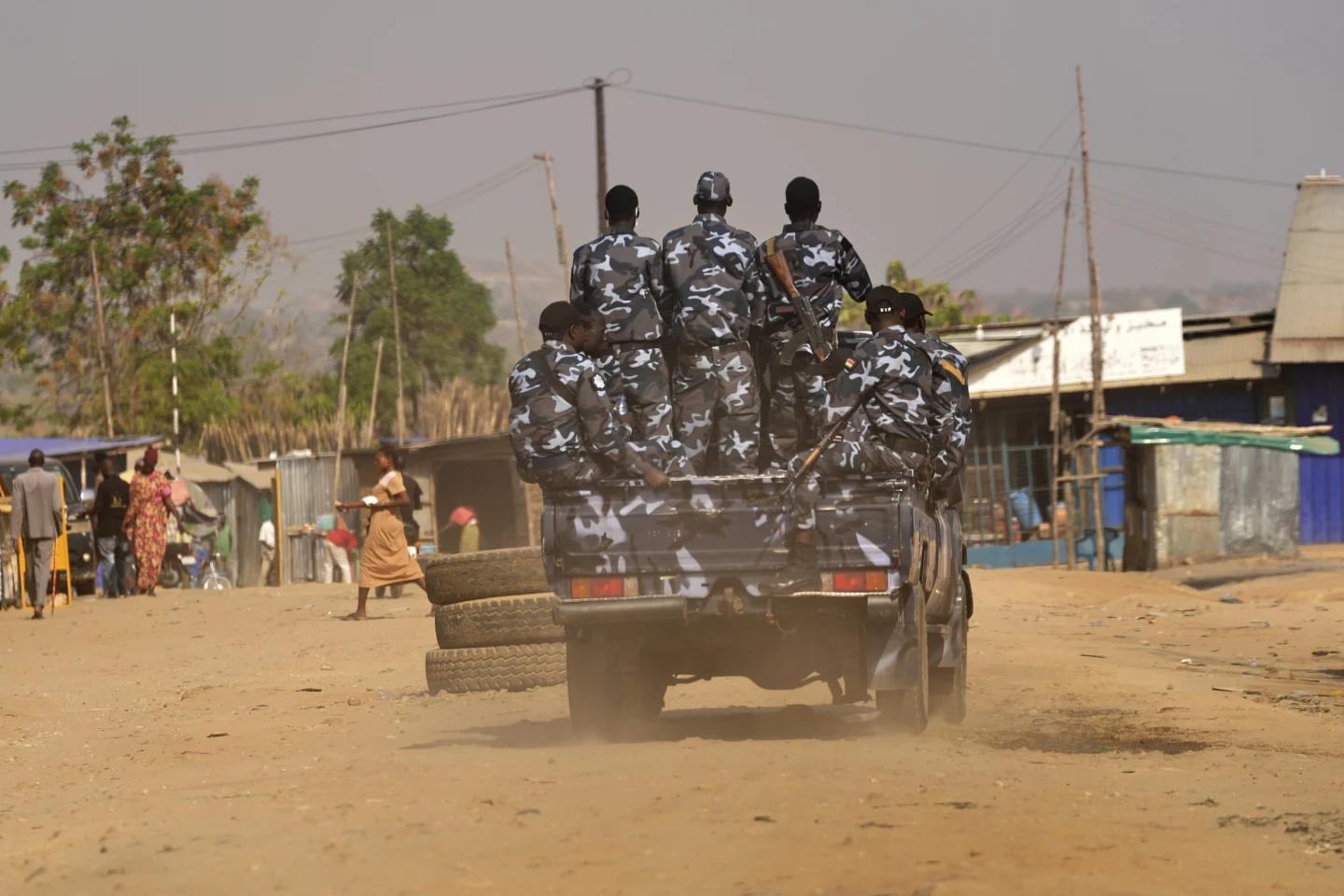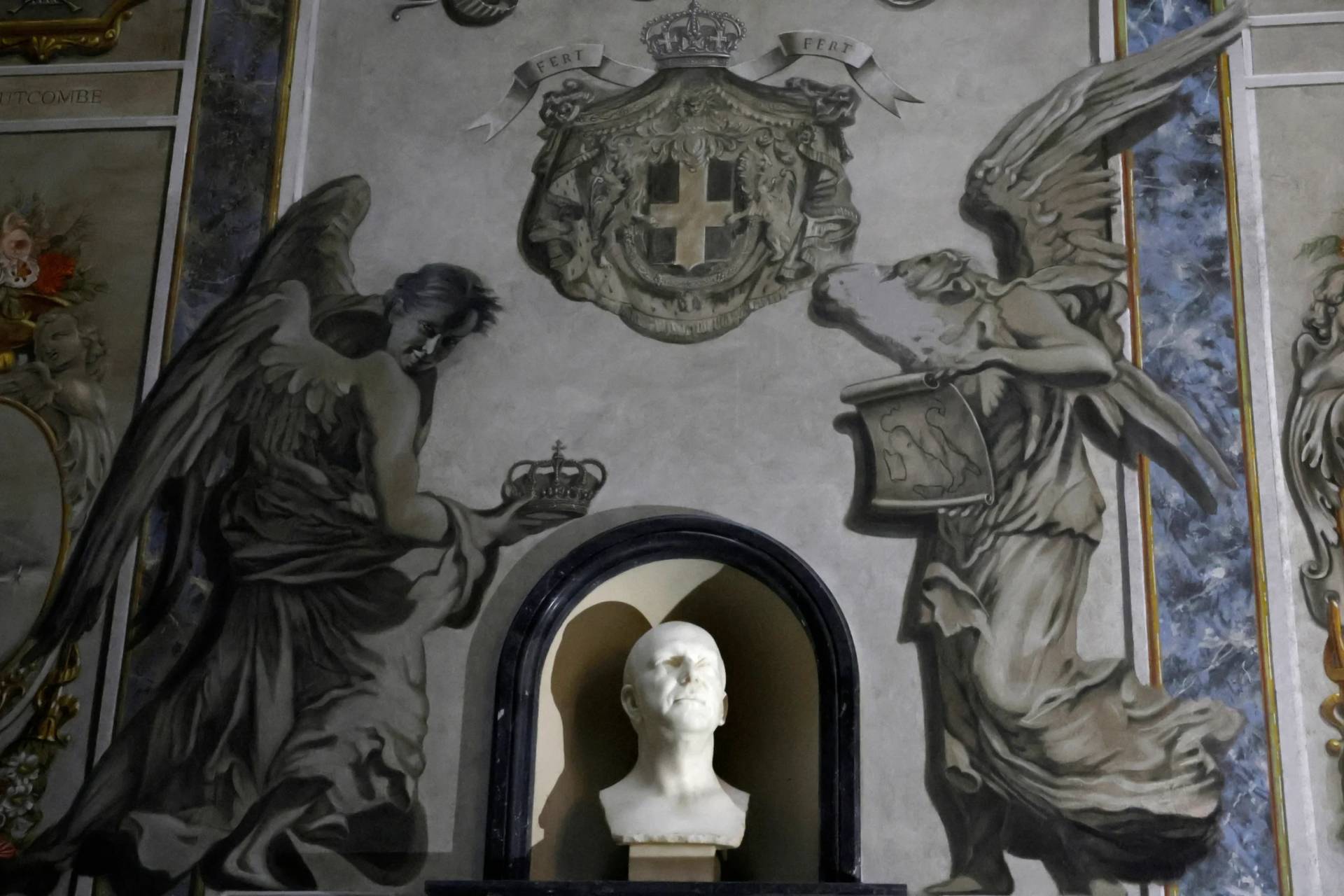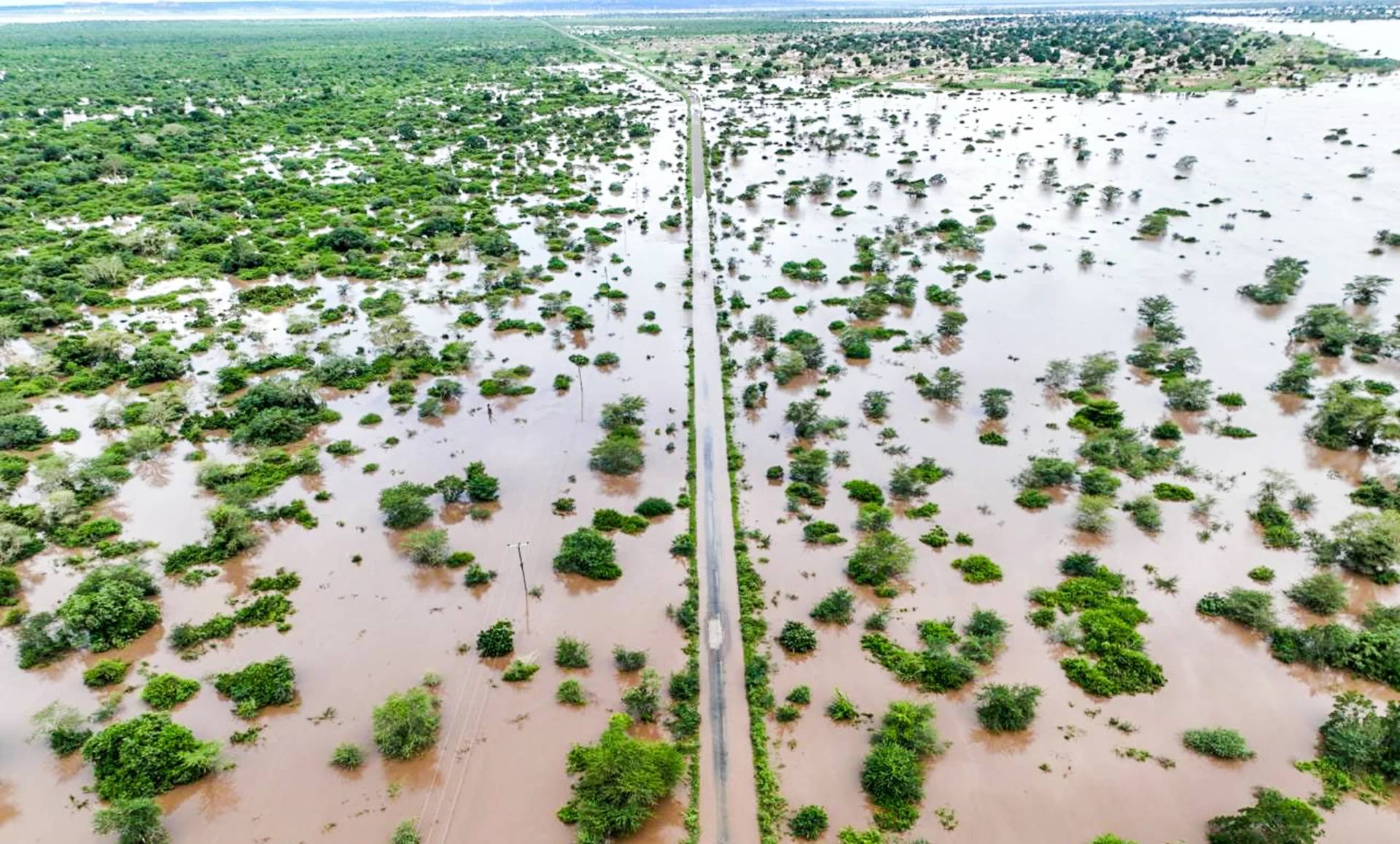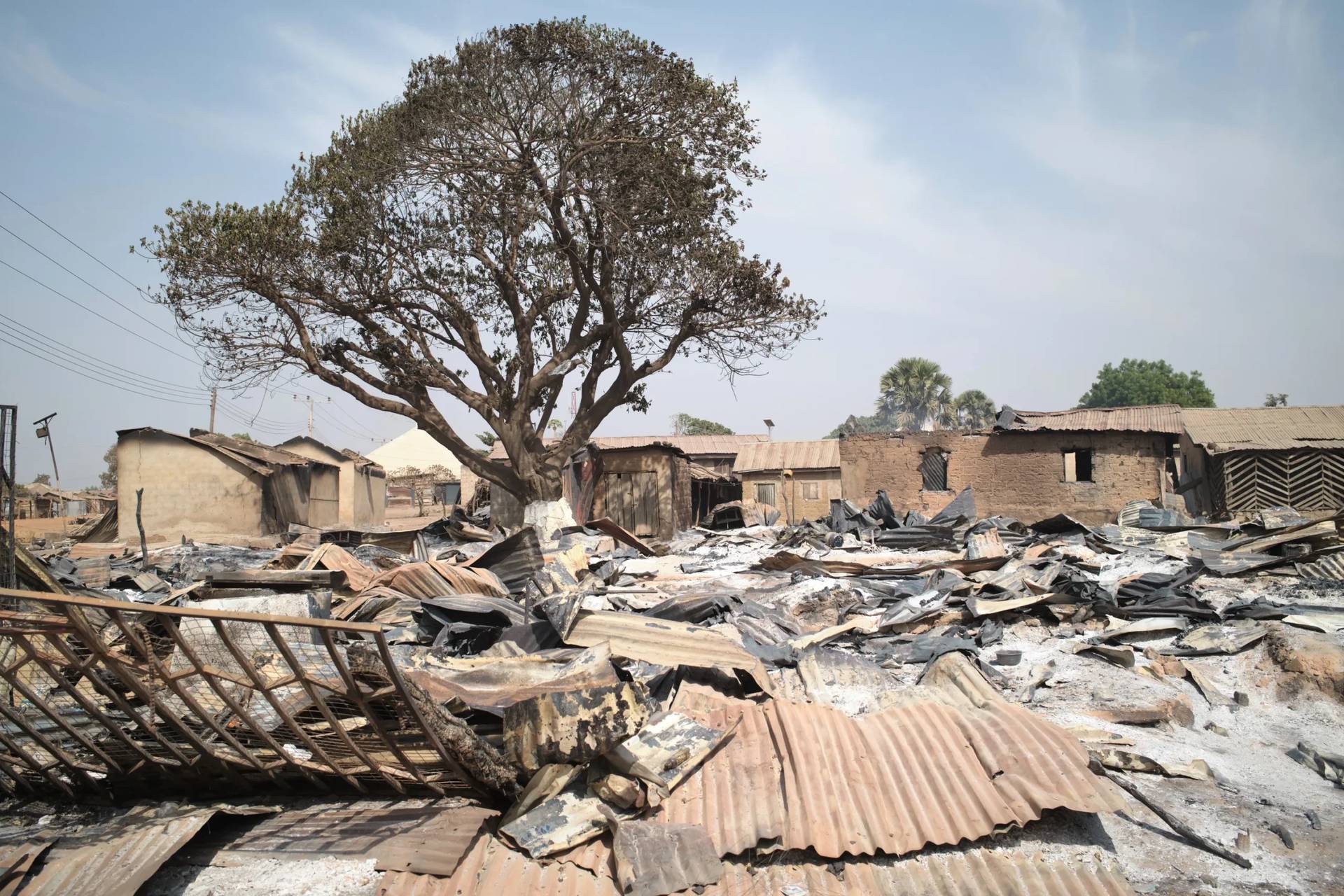YAOUNDÉ, Cameroon –Bishop Eduardo Hiiboro Kussala of Tombura–Yambio in South Sudan has penned a heartfelt pastoral letter to the faithful of two Catholic parishes caught up in a recent cycle of violence between rebels and government forces, causing massive suffering and displacement.
Drawing from scripture, the bishop offered the people comfort, assuring them that “the Lord is close to the brokenhearted” and that Christ Himself walks with them in their “valley of tears.”
Hiiboro describes a horrific scene where people, especially the elderly, women, and children, are unable to flee to safety and are forced to sleep under the open sky after their homes were looted.
“It is with a heavy heart and deep sorrow that I write to you in this hour of great suffering and displacement caused by the recent violent confrontations,” he wrote.
“News has reached me of our faithful who are now trapped in the middle of nowhere, unable to move, forced to hide in the bushes without food, medicine, or shelter, exposed to the rains and dangers of disease,” the cleric says in the letter sent to Crux.
“Some of our beloved have been killed, many wounded, and countless others, especially the elderly, women, children, and the disabled, are in desperate conditions,” Hiiboro wrote.
Local sources say forces from the Sudan People’s Liberation Army-in-Opposition attacked a military barracks in Nagero County in Western Equatoria state early September 28. They injured one soldier, prompting civilians to flee. The South Sudan People’s Defence Forces, SSPDF repelled the attack and retained control of the barracks.
The latest episode is symptomatic of the fragile peace process in South Sudan since the country gained independence from Sudan in 2011.
At the heart of the conflict is a personal rivalry between two men who have defined South Sudanese politics since independence: President Salva Kiir Mayardit, who commands the SSPDF, and opposition leader Salva Kiir, who heads the SPLA-IO.
Both men were allies in the Sudan People’s Liberation Movement/Army (SPLM/A) which fought for the independence of the country. But personal ambition for political and economic control, underlined by tribal fealty, soon tore the former allies apart.
In 2013, Kiir sacked his entire cabinet, including Vice President Riek Machar. The president accused his vice of plotting a coup, an accusation Riek Machar denied, but the political fallout quickly spiraled into violence.
A Revitalized Peace Agreement was signed in 2018 and again in 2020. The country formed a Revitalized Government of National Unity with Kiir as President and Riek Machar as the first Vice President.
The foundations, however, are still shaky, and tensions have continued to rise, especially after a general election that was scheduled for December 2024 was postponed to December 22, 2026.
The Sept. 28 attack was therefore just a further episode in a long and complex conflict. Hiiboro sought to reassure the people of his spiritual closeness.
“As your Bishop, I want you to know you are not forgotten. The Church is with you, I am with you, and Christ Himself walks with you in this valley of tears,” he wrote.
“My dear people, though your homes, schools, and health centers have been looted, and though you now sleep under the open sky, remember that you are still held in the shelter of God’s hands. He who fed His people in the desert, He who calmed the storm on the sea, He who suffered on the Cross and rose again, is with you now,” he said.
Hiiboro urged the people not to lose hope, citing Psalm 23:4 as the guiding mantra of comfort.
“Even when we walk ‘through the valley of the shadow of death, we fear no evil, for the Lord is with us; His rod and staff comfort us,’” he wrote.
“I entrust each of you to the protection of the Precious Blood of Jesus Christ, and invoke the guardianship of Saint Michael, Saint Gabriel, and all the Saints over you.”
Call for cessation of hostilities
Addressing the belligerents, Hiiboro called for a stop to hostilities, the protection of civilians and the respect for human life.
“Violence only deepens wounds and dishonors the dignity of our people,” he said.
“Our land cries out for peace, reconciliation, and the respect of every human person created in the image of God.”
He urged Christians to “stand in solidarity with our suffering brothers and sisters,” and called on Catholic humanitarian partners such as Caritas South Sudan, the Catholic Organization for Development and Peace (CODEP), as well as local diocesan offices to organize emergency support in food, medicine, clothing, and shelter.
“The faithful in the Diocese of Tombura-Yambio and beyond, please open your hearts and hands in prayer, fasting, and generous sharing,” he urged.
“I unite my prayers with yours, that the rain of heaven may not drench you with despair but water your faith; that the darkness of night may not crush you with fear but remind you of the coming dawn,” Hiiboro wrote.
“May the Mother of Sorrows hold you under her mantle, and may Christ, the Prince of Peace, restore peace to your homes and land.”














